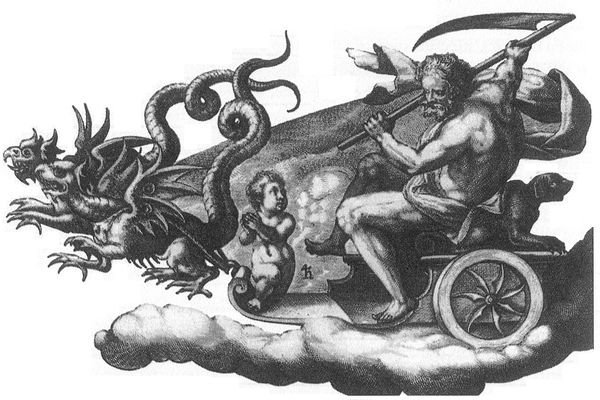From what I remember, the names of seven days of a week were one of the first things that I was taught as a child. And I’m pretty sure that it was the same for most of us. But what we weren’t taught is how these days were named. When you come to think of it, it’s such an obvious bit of information but we never really pause to think about its origin.
Well, now that we’ve raised your curiosity, we’re going to answer it too. Here’s how the seven days of the week got their names.
1. Sunday
Sunday got its name from the translation of the Latin phrase dies Solis, which means the sun’s day. It was called Sunnandæg in old English, pronounced as Sun-nan-dag or Sun-nan-dye.
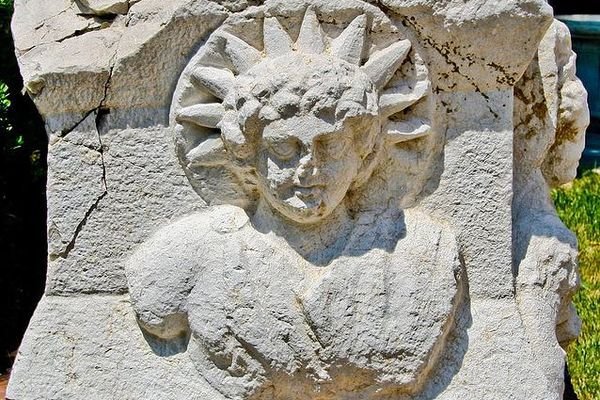
2. Monday
Monday, called as Mōnandæg (pronounced Moh-nan-dag or Moh-nan-dye) in old English, is also derived from a Latin phrase dies Lunae, which means the day of the moon.
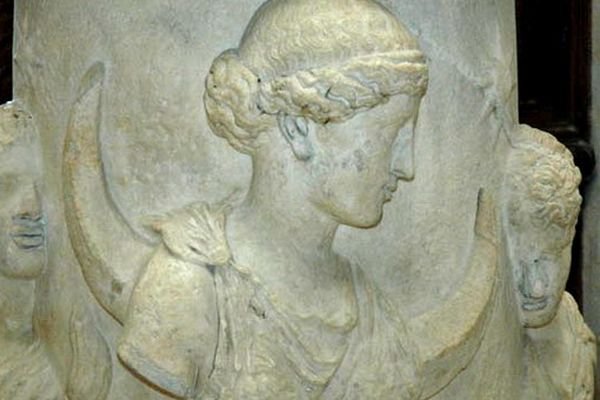
3. Tuesday
Tuesday was called Tīwesdæg in the olden days, where Tiw stands for the one handed god of combat and heroic glory in Germanic paganism. The name Tuesday, however, came from the Latin phrase dies Martis, meaning the day of Mars, where Mars is the Roman god of war.
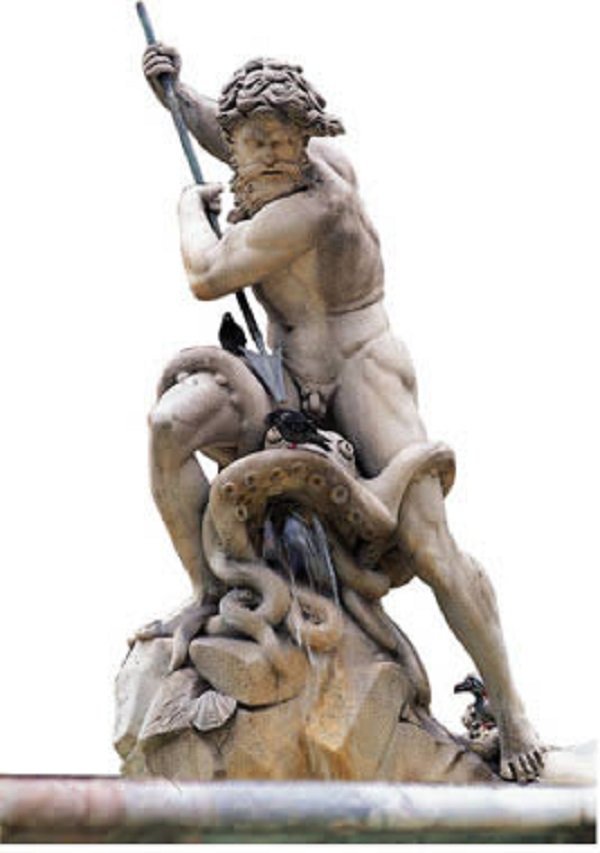
4. Wednesday
Wōden, also called Odin, was a Germanic ruler associated with wisdom, magic, victory, and death. In the Roman mythology, Wodan and Mercury are both considered the guides of souls after death. And Wednesday came from the Latin phrase dies Mercurii or the day of Mercury.

5. Thursday
Thursday was named in the honour of Thor, the god of thunder and lightning, according to the Norse (North Germany) mythology. Thursday corresponds to dies Lovis in Latin, which associates the day with the Jupiter god.

6. Friday
Frīgedæg in old English, Friday got its name from Freya, the Norse goddess of love, marriage, and fertility. It also corresponds to the Latin phrase dies Veneris, which associates Friday with goddess Venus.
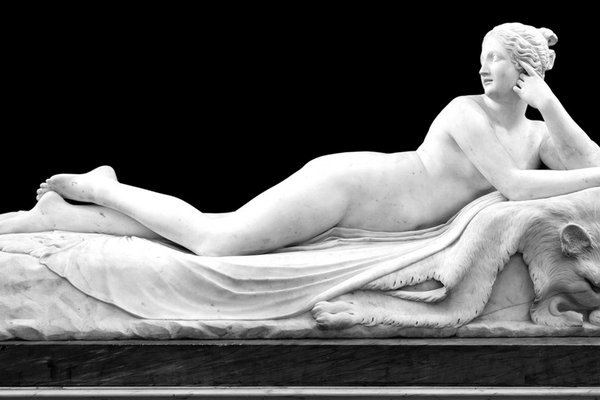
7. Saturday
Saturday was named honouring Saturn, the Roman god associated with wealth, plenty, and time. It’s the English translation of the Latin phrase dies Saturni.
